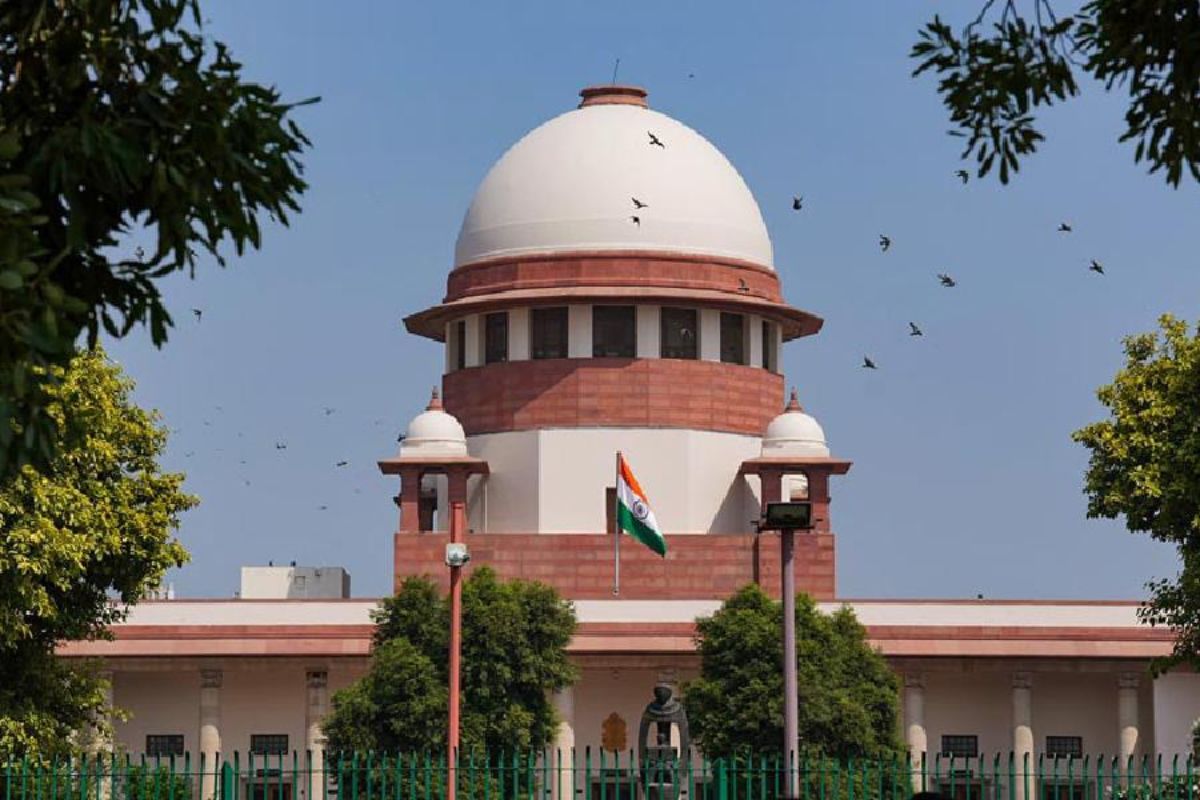India’s Got Latent: SC issues notice on YouTuber Ashish Chanchlani’s plea against FIRs
SC issues notice on YouTuber Ashish Chanchlani’s plea to quash or transfer FIR in India’s Got Latent case; tagged with Ranveer Allahabadia’s petition.
“If this is about environmental concerns, why cannot the NGT (National Green Tribunal) hear it? Why should everything come directly to the Supreme Court,” the bench asked.

SC quashes proceedings against Karnataka Dy CM Shivakumar in PMLA case
The Supreme Court on Tuesday refused to entertain a PIL challenging the Tamil Nadu government’s decision to construct the 134 feet tall ‘pen’ statue as a memorial to DMK patriarch and former Chief Minister M. Karunanidhi.
A bench of Justices S.K. Kaul and Sudhanshu Dhulia dismissed the public interest litigation as withdrawn, while granting liberty to the petitioners to approach any other appropriate forum for availing alternative remedies.
Advertisement
“If this is about environmental concerns, why cannot the NGT (National Green Tribunal) hear it? Why should everything come directly to the Supreme Court,” the bench asked.
Advertisement
Senior advocate P Wilson, appearing for the DMK government, argued that the plea is “politically motivated”, having “no public interest”, and coastal regulation clearance has been obtained for the memorial. He submitted that there is no harm either to fishermen or to the Olive Ridley turtles and the PIL is “shadow fighting” initiated at the instigation of the opposition AIADMK.
Notably, former Fisheries Minister and AIADMK leader D. Jayakumar has moved an impleadment application in the matter. The plea said the area in which the state government has carried out construction activities is part of the tidally influenced sea and the construction activities in those areas are strictly restricted under the provisions of the CRZ notifications.
The plea sought direction from the apex court to cancel the Tamil Nadu government’s decision to construct the 134 feet tall ‘pen’ statue on the Marina beach. It argued that Chennai has enough land to build the memorial across the city but erecting a monument, estimated to be built at a cost of Rs 80 crore, on the beach will impact the marina ecosystem and marine life.
In April 2023, the Union Ministry for Environment, Forest and Climate Change’s Expert Appraisal Committee gave its approval to construct the monument in memory of Karunanidhi. The ‘Pen Memorial’ was conceived by the DMK government led by M.K. Stalin immediately after it came to power in 2021. There was stiff opposition from local fishermen and social and environmental activists against it.
Advertisement